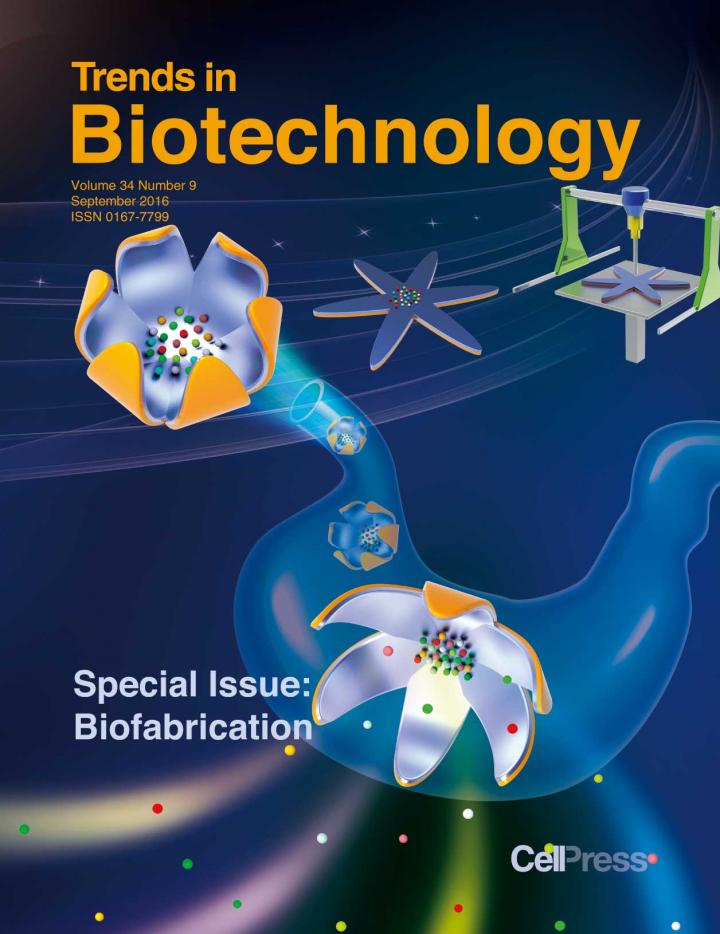用碳氢化合物系挑战塑料污染。
IF 14.3
1区 工程技术
Q1 BIOTECHNOLOGY & APPLIED MICROBIOLOGY
引用次数: 0
摘要
已经存在了数千年的碳氢化合物裂解系负责降解各种脂肪族和芳香族化合物,调节海洋碳氢化合物的循环。鉴于塑料和碳氢化合物在分解代谢过程中的相似性,深入了解和利用这些过程可以为解决全球塑料污染问题提供基于生物技术的解决方案。本文章由计算机程序翻译,如有差异,请以英文原文为准。
Challenging plastic pollution with hydrocarbonoclastic lineages.
The hydrocarbonoclastic lineages that have existed for millennia are responsible for the degradation of diverse aliphatic and aromatic compounds, regulating the ocean hydrocarbon cycles. Given the metabolic similarities in breaking down plastics and hydrocarbons, a thorough understanding and leveraging of these processes can provide biotechnologically based solutions to tackle global plastic pollution.
求助全文
通过发布文献求助,成功后即可免费获取论文全文。
去求助
来源期刊

Trends in biotechnology
工程技术-生物工程与应用微生物
CiteScore
28.60
自引率
1.20%
发文量
198
审稿时长
1 months
期刊介绍:
Trends in Biotechnology publishes reviews and perspectives on the applied biological sciences, focusing on useful science applied to, derived from, or inspired by living systems.
The major themes that TIBTECH is interested in include:
Bioprocessing (biochemical engineering, applied enzymology, industrial biotechnology, biofuels, metabolic engineering)
Omics (genome editing, single-cell technologies, bioinformatics, synthetic biology)
Materials and devices (bionanotechnology, biomaterials, diagnostics/imaging/detection, soft robotics, biosensors/bioelectronics)
Therapeutics (biofabrication, stem cells, tissue engineering and regenerative medicine, antibodies and other protein drugs, drug delivery)
Agroenvironment (environmental engineering, bioremediation, genetically modified crops, sustainable development).
 求助内容:
求助内容: 应助结果提醒方式:
应助结果提醒方式:


